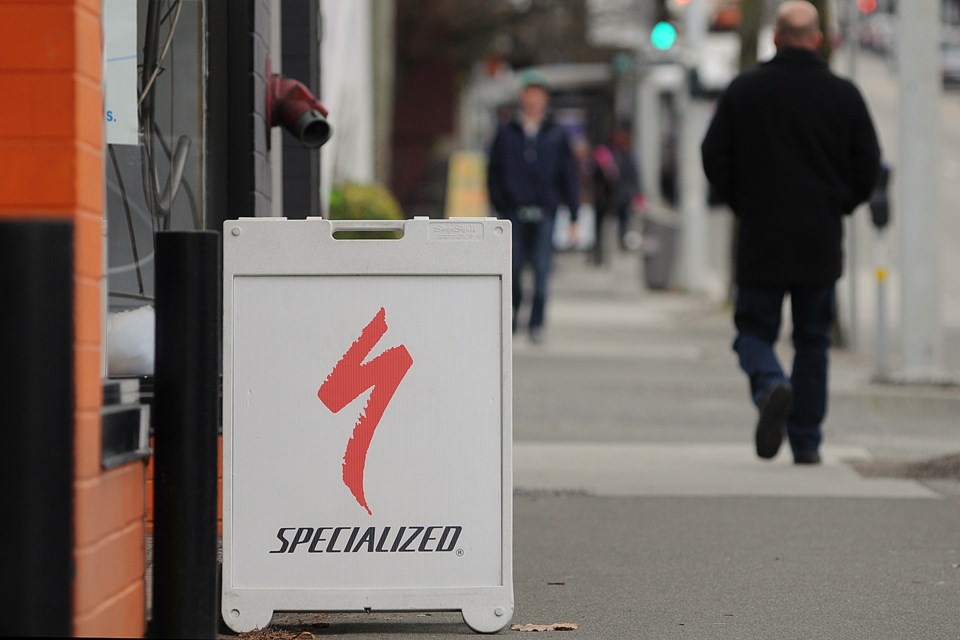Things move fast in the online world. Even before my on Specialized’s legal threat against the Alberta owner of the Café Roubaix bike store was posted, the case had already changed.
Two weeks on and a variety of twists and turns later, the cease-and-desist case against Daniel Richter does seem to have resolved itself, though not without a long-term cost to Specialized’s reputation.
In the midst of the social media firestorm that erupted when Specialized’s threat became public and was first reported in the Calgary Herald, American company Advanced Sports International stepped into the fray.
In a plot twist that no one saw coming, it emerged that ASI holds the U.S. trademark for Roubaix and Specialized simply licenses it from them. ASI that by registering the trademark in Canada, Specialized had considerably overstepped the terms of their licensing agreement:
“We are in the process of notifying Specialized that they did not have the authority, as part of our license agreement, to stop Daniel Richter from using the Roubaix name. While ASI does have the authority to object to Mr. Richter’s use of the name…we believe that consumers are capable of distinguishing his bike shop and wheel line from our established bikes.”Â
Excellent news for Richter. Not such good news for Specialized, which initially remained silent while the negative comments continued to circulate. A few days later on Dec. 12, Specialized founder Mike Sinyard finally took to social media to with a long, take-it-on-the-chin Facebook post entitled “I screwed up, and I own it.”Â
In the post, Sinyard apologizes and blames the challenge of dealing with counterfeit products for what he acknowledges was an overly aggressive legal approach that “went too far… and in some cases hurt the local bike shops and small businesses we wanted to protect.”
This “sorry… but” approach is unfortunate. Sinyard himself acknowledges that counterfeiting wasn’t the issue with Café Roubaix, and in a statement that otherwise doesn’t shy away from acknowledging his mistakes, it rings a bit false to hear him laying the blame on overly zealous external lawyers.
Nor does it help that right before the post was made, a similar legal threat (since pulled) arrived on the doorstep of Epix Gear, whom Specialized felt were getting too close to their trademarked “Epic.”
However, you can’t fault Sinyard for the rest of his response. He’s clearly aware of how poorly this entire incident reflected on Specialized and he is promising changes to the aggressive legal approach for which the company has become known. He also took the time to fly to Cochrane, Alta. to deliver his apology to Richter in person, which is commendable.
He wrote on Facebook, “Dan is the real deal, after meeting him I realize this and am embarrassed by how ridiculous this is. What happened was wrong.”
Response to Sinyard’s statement has been varied and has brought praise for the things he did right along with valid criticism that Specialized should have taken the initiative and admitted the legal action had been far too heavy handed, rather than react after ASI pulled the rug out from underneath.
Mostly, however, it’s a happy ending. Richter gets to keep his store name (and benefits from a tonne of publicity); Specialized finally did the right thing and will hopefully be more circumspect about the legal challenges they launch in the future; and the cycling community can rest easy knowing that in this David vs. Goliath case, their support helped the little guy.
Kay Cahill is a cyclist and librarian who believes bikes are for life, not just for commuting. Read more at sidecut.ca, or send a comment to [email protected].



